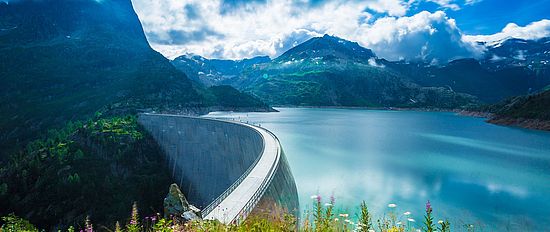
Energy and Climate
Climate change is considered to be one of the biggest and most urgent challenges to sustainable development. Many countries strive to move towards a net-zero emission society. Given the structure of current greenhouse gas emissions, the transition towards a new energy system (comprising heat, electricity, and mobility) is key for achieving this target. Such a transition entails not only investment in new technologies but also substantial changes to how we structure our economy, policy environment, ways of life, and social institutions.
In this focus area, researchers investigate how the transition towards a net-zero emission society can be facilitated. What kind of institutional settings, political and societal processes, market designs, policy measures, and social innovations could foster a successful transition? Which pitfalls are likely to be encountered along the transition? How can different types of actors (e.g., governments, civil society organizations) contribute to the transition process?
Research focuses on the human aspects and socio-economic challenges of the transition, on measures to coordinate the actions (e.g., investment decisions) of different actors, and on how this transition can be embedded within a broader societal transition towards sustainable development. The work encompasses the development of new methods and models, data collection (e.g., Swiss Household Demand Survey), applied research (e.g., intervention studies and field experiments), as well as knowledge transfer activities.
Social Media


![[Translate to English:] SHEDS](https://sustainable-future.unibas.ch/fileadmin/_processed_/a/f/csm_SHEDS_968e60c16a.jpg)

